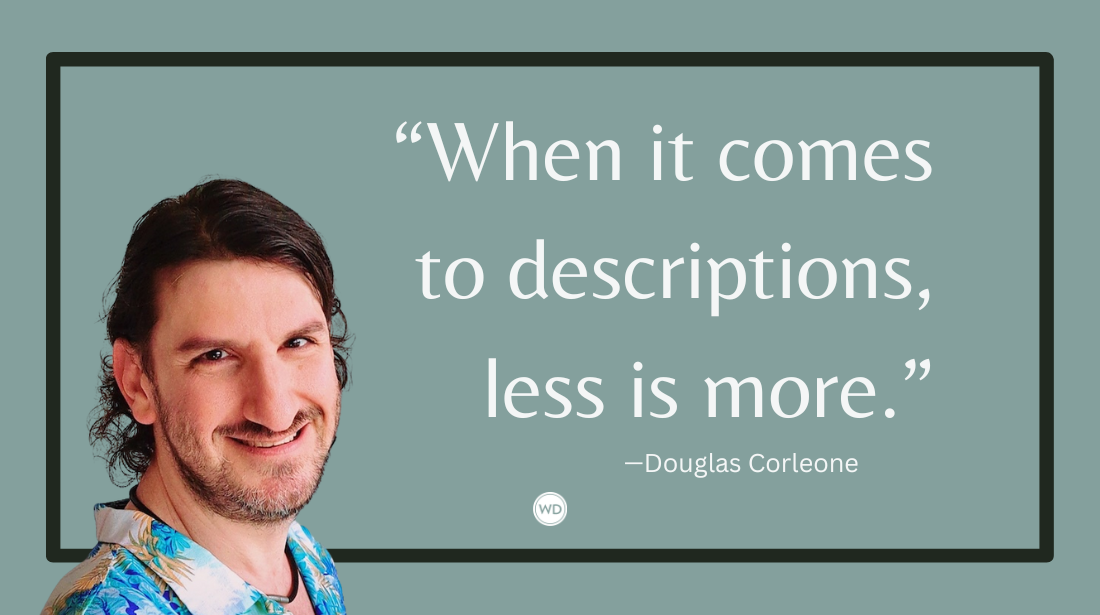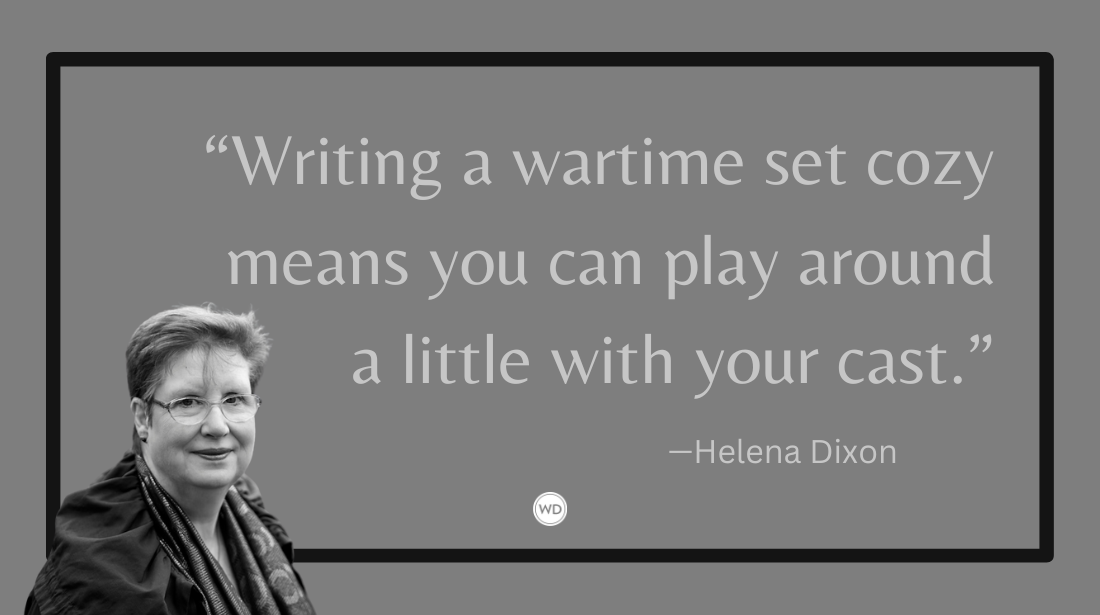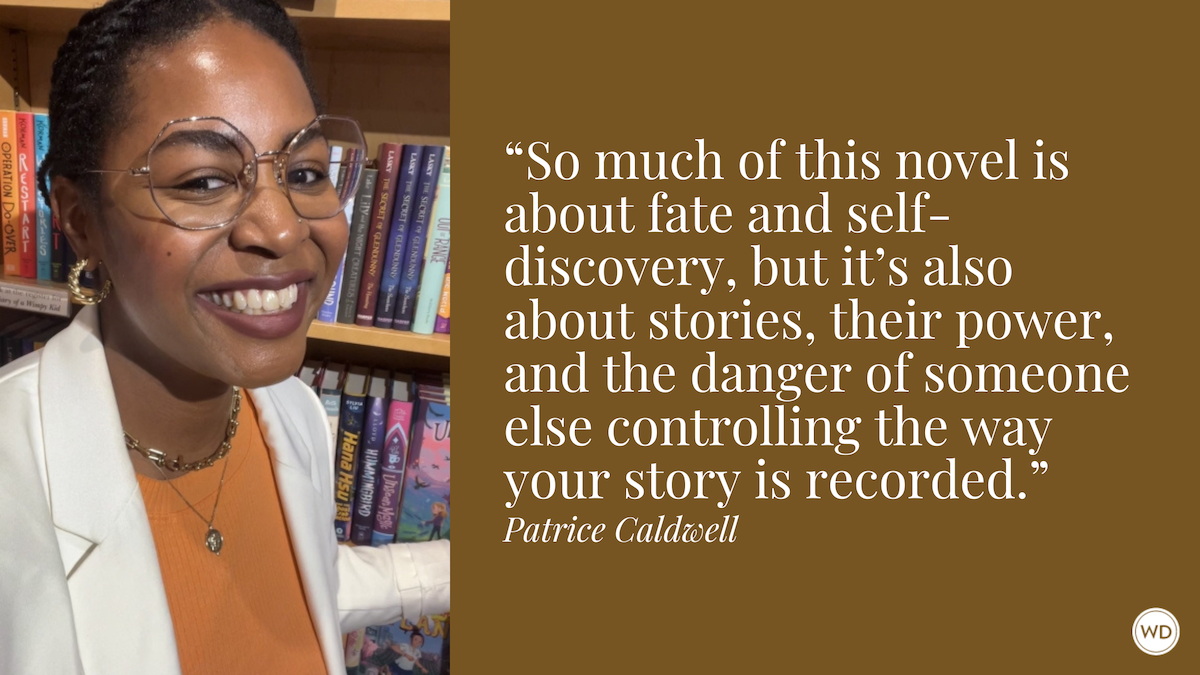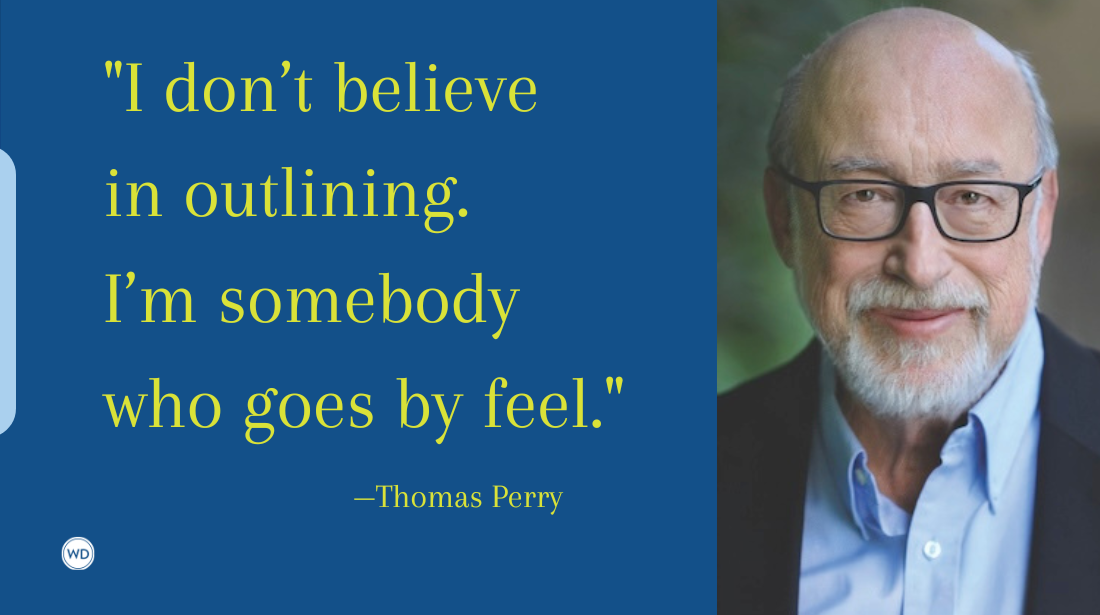Jean Louise: On Avoiding Clichés in YA Fantasy
Author Jean Louise discusses the process of writing her debut YA fantasy novel, Waking Fire.
Originally from Cleveland, Ohio, Jean Louise currently lives in Queens, New York, with her cat Martha. When she’s not writing, she can be found with her nose buried in a graphic novel or taking down bad guys in her favorite video games.
She received an MFA in writing for children from The New School. This is her debut novel. Find her on Twitter, Facebook, and Instagram.
In this post, Jean discusses the process of writing her debut YA fantasy novel, Waking Fire, her hope for readers, and more!
Name: Jean Louise
Literary agent: Claire Friedman at Inkwell Management
Book title: Waking Fire
Publisher: Inkyard Press
Release date: January 10, 2023
Genre/category: YA Fantasy
Elevator pitch for the book: This incendiary YA fantasy debut follows a girl who will stop at nothing to save her village after it’s discovered by a dangerous warlord and his army of undead monsters.
IndieBound | Bookshop | Amazon
[WD uses affiliate links.]
What prompted you to write this book?
I’ve always been a storyteller. As a child, I loved coming up with scenes and stories for our toys when I played with my sisters. I also had a very vivid imagination and could spend hours daydreaming little stories about made-up characters.
Eventually I started writing down those daydreams, because I felt that there was something in them that needed to be shared with others. It wasn’t enough that I knew these characters and their stories—I wanted others to know these characters and what happens to them as well.
This book started as one of those daydreams, and it’s become a kind of obsession for me. I had to write this book, otherwise I couldn’t stop thinking about it.
How long did it take to go from idea to publication? And did the idea change during the process?
Waking Fire has been 20 years in the making! And it’s changed a lot during that time.
It started out in a very cliché pseudo-European castle with magical amulets, a forced betrothal, and a looming war. I threw away everything but the war and put my protagonist in the desert with two daggers and her fierce need to protect those she loves.
I tried to avoid the typical fantasy clichés that I started out with and do things differently. My goal was to write a book that I would want to read, about someone who doesn’t always get things right but who owns up to their mistakes, with settings and cultures not often explored in fantasy.
Were there any surprises or learning moments in the publishing process for this title?
I was surprised at how little the story changed from when I submitted it to the published version. I had heard horror stories of authors having to rewrite everything and I was worried.
I knew my book was different—it touches on dark themes and doesn’t shy away from violence—and I expected to have to remove a lot of the things that I thought made my book special. But that wasn’t the case at all.
The things I loved my editor loved as well. I think that makes all the difference—finding the right editor who gets what you’re trying to do and can help you reach your goals.
Were there any surprises in the writing process for this book?
Lots and lots of surprises! For instance, I have a writing group that I go to for feedback and one of them said that the first two chapters aren’t necessary—the story doesn’t really start until chapter three. I took her suggestion and cut the first two chapters and that made such a difference.
What do you hope readers will get out of your book?
I really hope that they see themselves in this story, either in the characters, or the world-building, or even in the journey.
And I hope that it shows others who think that their idea is too different, too weird, and that no one wants to hear what they have to say that they couldn’t be more wrong! There’s an audience out there waiting to hear your story in the way that only you can tell.
If you could share one piece of advice with other writers, what would it be?
Be open to suggestions, but also, know the story you want to tell. My friend suggested I cut the opening chapters, and that worked for my book. Another person suggested I add in a talking animal friend. I knew that I did not want to tell that story, so I thanked them for their suggestion and moved on.
Just because someone suggests something, you don’t have to do it. You know your story better than anyone. But you shouldn’t automatically dismiss suggestions either. If you know your story, you’ll know which suggestions are worth pursuing and which ones deserve a simple thanks.
Robert Lee Brewer is Senior Editor of Writer's Digest, which includes managing the content on WritersDigest.com and programming virtual conferences. He's the author of 40 Plot Twist Prompts for Writers: Writing Ideas for Bending Stories in New Directions, The Complete Guide of Poetic Forms: 100+ Poetic Form Definitions and Examples for Poets, Poem-a-Day: 365 Poetry Writing Prompts for a Year of Poeming, and more. Also, he's the editor of Writer's Market, Poet's Market, and Guide to Literary Agents. Follow him on Twitter @robertleebrewer.






